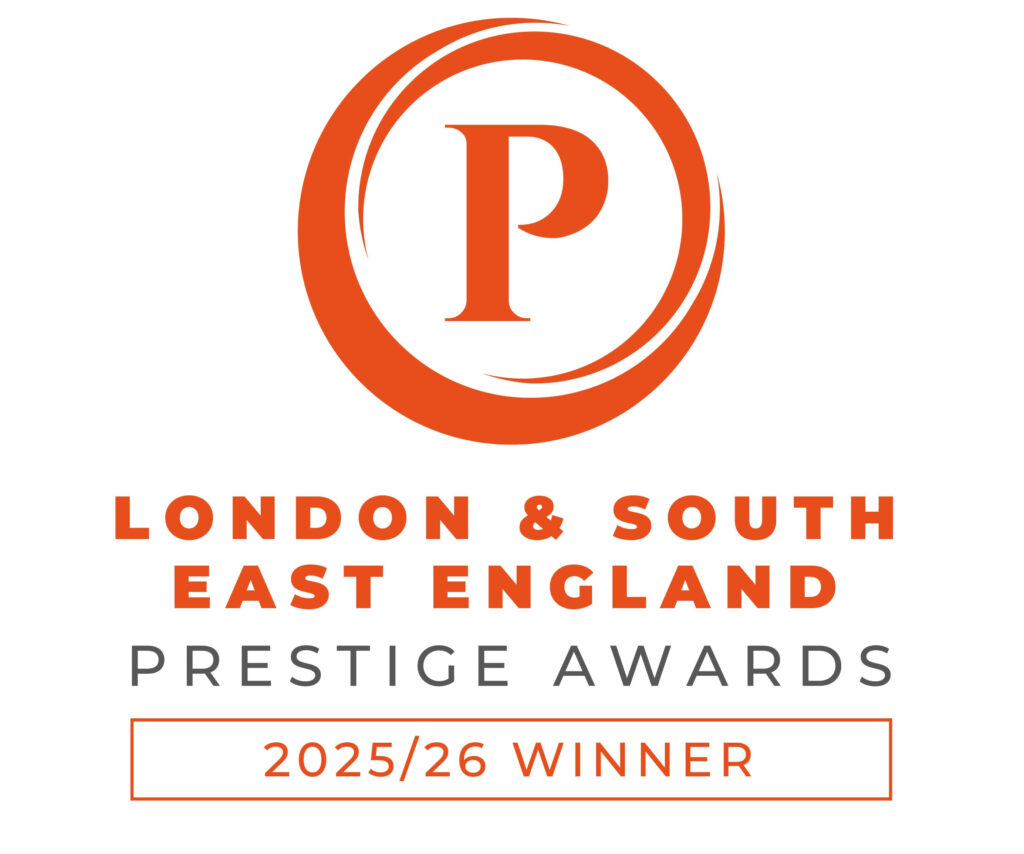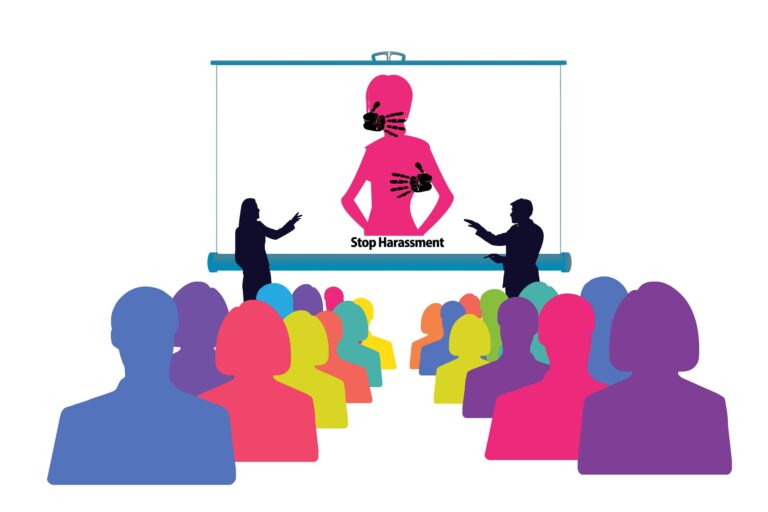March 2025
Contents
- Blue Tulip Consultancy – Welcome
- Finding Your Mojo
- Case Law – Higgs v Farmor’s School: Religious beliefs
- Examples of Inclusive Design
- Good Stories
With our training and consultancy support the primary focus is on
- Proactive and Preventative Actions to Sexual Harassment
- Understanding and controlling Microaggressions
- Organising and Managing Reciprocal Mentoring
- Finding Your Mojo – Professional Leadership Development Programme for Ethnic Minority Groups
- Inclusive Leadership Coaching – one-to-one or group coaching
Welcome
As we approach the Spring season, there is an anticipation of growth with a view to taking proactive measures to being more inclusive.
Yet there are growing global concerns about the anti DEI movement and its potential negative implications on how people will interact in organisations. My concern is, will this get worse before it becomes better?
What do you think?
Finding Your Mojo

The term “mojo” originated in West Africa over a century ago, associated with magic and the use of lucky talismans or charms. It represented a person’s personal essence or passion, often linked to a sense of magical power. Over the years, the term spread across the globe and evolved, now commonly describing the unique qualities in a person that radiate energy, confidence, and charisma. When someone says they have their mojo, it means they’re in a motivated, empowered state, full of spirit and drive.
In work environments, colleagues often experience feelings of anxiety, confusion, or frustration, especially when they feel like they’re operating on autopilot—just going through the motions and struggling to keep up. This languishing in confusion is often amplified for individuals from ethnic minority backgrounds, who may feel trapped in a constant state of fight-or-flight. They are often burdened with the pressure to prove their competence and capabilities to others, which can be draining. This ongoing struggle takes a toll on their sense of self and wellbeing, leaving them feeling lost and discouraged. In these moments, they may feel as though they’ve “lost their mojo” or that it has been taken away from them.
I created and developed the “Finding Your Mojo” programme over twenty years ago, specifically designed for aspiring managers from ethnic minority backgrounds. Over the years, I have had the privilege of facilitating and managing these six-month professional and personal development programmes. I continue to be inspired by the “can do” and “want to” attitude of the participants, especially when they realise they have choices and can move beyond feelings of helplessness and being stuck. They feel empowered to take action.
So what is so unique and impactful about the Finding Your Mojo? It improves personal effectives and participants feel energised, competent and motivated to aim high. In effect they find their mojo, that too with a lot of enthusiasm, flair and a better sense of self.
The programme is structured around five key components: teaching sessions, peer support groups, one-on-one coaching sessions, inspiring guest speakers, and an opportunity for participants to work on an organisation-wide diversity and inclusion project within their peer support group. This approach ensures a well-rounded leadership development experience, combining learning, support, personal growth, and practical application.
Having organised and facilitated numerous programmes over the years, I have observed that participants often experience many “aha moments,” and that their experiences vary. For example, some participants have gained a deeper appreciation for personal impact and branding, while others have recognized the importance of assertiveness in leadership, particularly in addressing the challenges of passive-aggressive behaviours. A common thread among all is the realisation that how they were feeling at work was no longer sustainable, prompting them to take proactive measures for change. Ultimately, the programme fosters the building of confidence, trust and bonding is established and, most importantly, the courage to be more authentic.
There are several other significant outcomes from the programme that deserve recognition. Working together in multidisciplinary peer support groups has fostered a culture of care, where members actively turn to one another for advice and guidance. This collaboration has also built a sense of commitment and accountability, especially as participants work together to develop and implement strategies for their EDI (Equality, Diversity, and Inclusion) projects. As a result, participants have not only gained a deeper understanding of effective inclusive practices but have also come to value the role of being an inclusive leader.
The research-based projects have been both inspiring and thought-provoking, leading to significant organisational and systemic changes. Examples include addressing racial biases in patient care, understanding and managing biases in recruitment, and the “Beyond Just a Name” project, which focused on the value of name pronunciation and the installation of “Hear My Name” in email signatures. These projects were thoroughly reviewed, and the changes were implemented within the relevant departments. In some cases, peer groups were invited to present their findings at Board meetings, showcasing the impact and importance of their work.
During the training sessions, we focused on developing effective communication skills, reframing techniques, and building self-belief and confidence. These areas were further emphasised during the one-on-one coaching sessions. I remember one participant who had faced severe racial discrimination in his previous job. Despite the incidents occurring seven years ago, he was still so affected by the experience that he felt paralyzed and unable to apply for a promotion. He had been stuck in the same role for over six years.
Throughout our coaching sessions, and with the help of insightful questioning, he had a breakthrough realization: his internal dialogue and fear of experiencing those same negative experiences were holding him back. It was truly humbling to hear his story and witness the shift in his mindset. After the programme, he reached out to share that he had successfully secured a promotion.
Another participant recognised during our coaching session that, whilst she was involved in transformation work, her true passion and commitment was towards managing palliative care, supporting staff who care for patients in their final stages of life. Her enthusiasm and dedication were so inspiring that I found myself wondering if she would ever receive an award for her commitment.
There is something wonderful and truly an honour to be part of the journey with my groups of participants. They laugh, they cry, they grow—and, most of all, they, with awe and wonder, discover the hidden treasures within themselves. May their search for these nuggets of gold continue, and may they keep uncovering the strength and potential they hold within.
- I wanted to let you know that I have secured a new role as Assistant Director. Thanks for all your coaching and support on the Finding Your Mojo programme as this gave me space to reflect and gain confidence to take this step.
- I wanted to share with you that since graduating from the course I have applied and interviewed for three leadership roles and I am currently appointed in two of them! Again, I wanted to thank you for the invaluable skills and support you gave us all, I know it will continue to stay with me and shape my career going forward. Keep doing what you’re doing, you are truly shaping the world around you!
- I would like to appreciate you and thank you for your guidance and coaching during the Finding Your Mojo course and after. I still refer to your notes and maintain those principles to the best that I can. It has surely helped me to develop and show maturity in navigating through lots of challenges at work.
Recently, I was successful at interviewing for a Band 8A post. I will be starting this new post in the coming weeks.
Interesting Case Law
Higgs v Farmor’s School: Religious beliefs
Ms Higgs – a Christian who was employed as a counsellor by Farmor’s school (“the school”) – was dismissed for gross misconduct due to reposts she had made on her personal Facebook. Amongst other things, these posts criticised the teaching of sex education in relation to transgender topics in primary schools.
As a result of Ms Higgs’ conduct, the school believed that they may suffer reputational damage, and therefore dismissed Ms Higgs for gross misconduct.
Subsequently, Ms Higgs brought claims for discrimination on grounds of religious belief on the basis that a person cannot change their biological sex, and a belief that marriage is an event exclusive to men and women.
The court of appeal found in favour of Ms Higgs on the basis that:
- Ms Higgs’ views in relation to transgender beliefs and marriage amounted to protected beliefs under the Equality Act 2010 (using the test established in Forstater v GCD Europe)
- dismissing an employee who expresses a religious or protected belief, even if it is different to that of the organisation, in order to avoid potential reputational damage will amount to unlawful direct discrimination, unless it is objectively justified – this was not possible here
- Ms Higgs had not discriminated against any of her pupils or anyone else at the school, and the school confirmed they did not think she would do so
- the posts may have been objectionable, but they were not grossly offensive.
Therefore, it was held that her dismissal was not a justifiable sanction for her conduct.
What should you do?
As a preventative measure, it is important that all policies are clear and up to date to ensure employees are aware of what conduct is appropriate and what the consequences may be if they act to the contrary. Additionally, whenever you are considering dismissing an employee for gross misconduct, it is essential that you are certain that the decision is correct and lawfully justified in order to prevent any adverse tribunal attention.
Source: Willans LLP Solicitor www.willans.co.uk
Olay’s Easy Open Lid with Braille text

Olay’s Easy Open Lid with Braille text
The beauty brand Olay is leading the way in inclusive packaging design with the release of their Easy Open Lid.
The lid offers braille text, matte material, and winged edges for better grip as well as high-contrast labelling throughout the entire packaging design. The design sets out to accommodate a much wider range of consumers for those with visual impairment, issues with dexterity, and limb differences. The lid is offered at no extra cost for a range of their most popular cream jars.
To develop the lid, Olay met with disabled consumers with dexterity conditions, limb differences, and chronic joint pain, and who are blind or partially sighted. The team reportedly also met with external experts and incorporated a range of personal experiences into the new product design.
Decathlon Ability Signs
Since its creation in 1968, the International Symbol of Access has served as a single icon representing all people with disabilities. Decathlon has reimagined this standard wheelchair signage to showcase the diversity inability of those represented by it. Called Ability Signs, these new icons now depict the symbol with a sport, such as basketball, rugby and tennis, to name a few. These new icons are intended to help broaden how we see people with disabilities. Canada’s 2020 Paralympic team inspired the range of sports represented by Decathlon’s Ability Signs.
Decathlon is a firm believer in the benefits of sport. And they firmly believe that sports are for everybody. Since first opening its doors in 1976, Decathlon’s mission has been to make sports more accessible to all, regardless of discipline or proficiency.
Lego Braille Bricks
Lego launched a line of bricks designed to help children learn Braille. The bricks designed for children and teachers feature the same number of studs used for individual letters and numbers in the Braille alphabet while remaining fully compatible with the Lego System in Play.
Good Stories

I am delighted to have been awarded the Diversity Consultancy of the Year at The London and South East Prestige Awards 2025/26. The International Prestige Awards were established to recognise businesses and individuals who consistently deliver exceptional products and services to small and/or large organisations.
The Awarding Team acknowledged the time and effort I’ve dedicated to helping organisations take proactive steps toward greater inclusivity and respect. It’s truly an honour to receive this recognition as a symbol of my commitment to making a meaningful impact.
About Blue Tulip
Blue Tulip Consultancy supports organisations to develop, lead and execute Diversity and Inclusion strategic objectives. The process involves working with senior leadership teams to establish and implement measurable D&I objectives and goals. We also include an analysis of the current trends, identify key areas of opportunity with creative, compelling recommendations to effect change. Blue Tulip Consultancy provides guidance on how to implement the recommendations into practice.
If you would like more details about how we can help your organisation please have a look at our website or if you would like a short chat over the phone please email hello@bluetulipconsultancy.com to arrange a convenient time.
Snéha Khilay
Managing Director
Blue Tulip Consultancy
hello@bluetulipconsultancy.com
www.bluetulipconsultancy.com
Inspired by the famous Gandhi quote, “be the change you want to see in the world”





